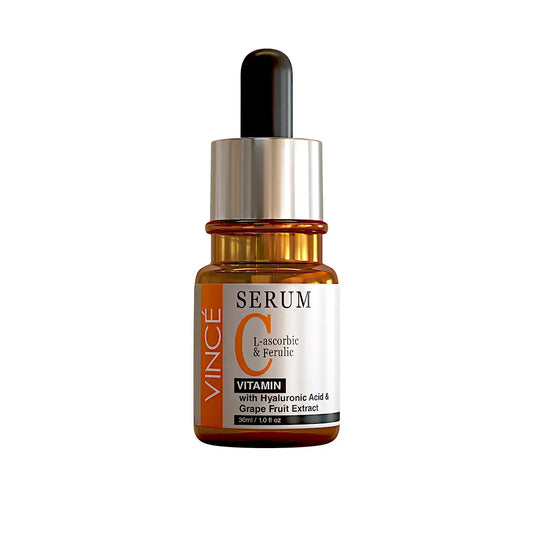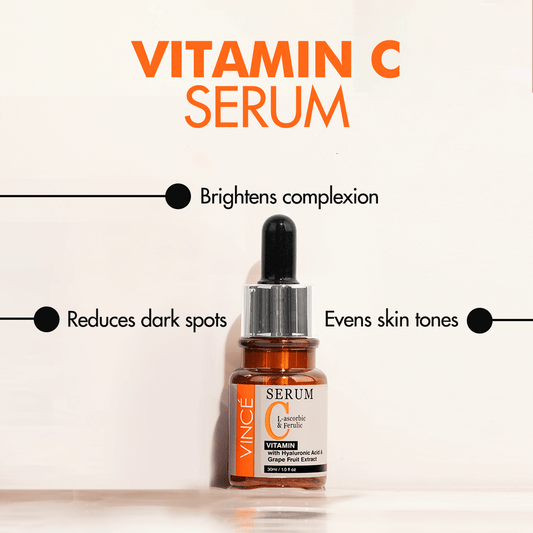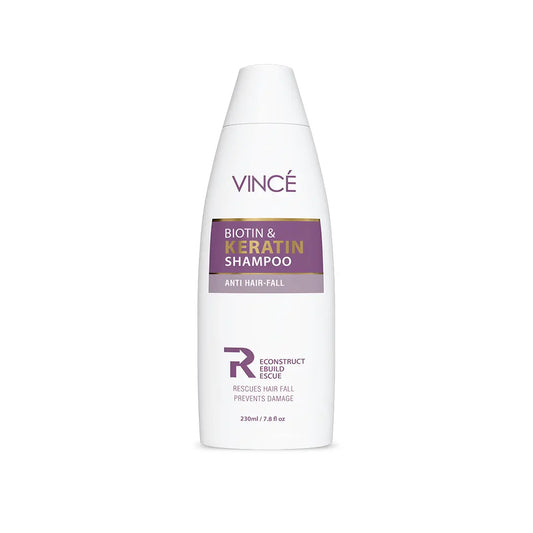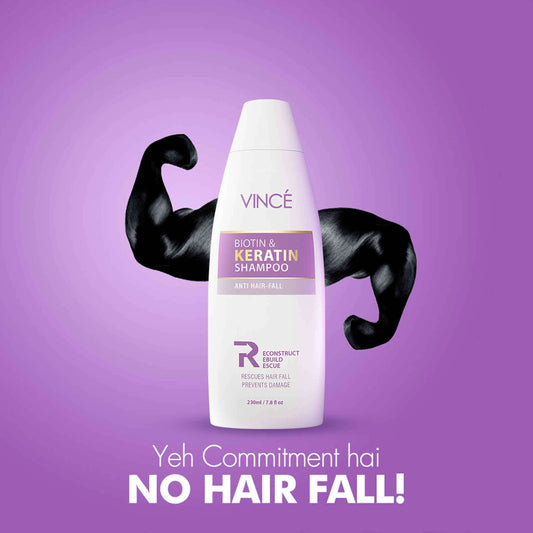Is Zinc Oxide Good for Your Skin? Benefits, Uses, and Potential Side Effects

No one denies the importance of sunblock, but a closer look at its ingredient list will introduce you to a powerhouse ingredient named Zinc Oxide. You will seldom find sunscreen without Zinc Oxide benefits summed into the bottle. So there is a query on many minds, “What makes Zinc Oxide Good for Your Skin?” All answers on this skincare marvel are coming up in this 5 minutes read.
For centuries, zinc has been a trusted savior of people, healing burns and wounds. Now, Zinc Oxide benefits infused with the prowess of zinc ward off UV rays and nurture the skin with its soothing touch. This article will unravel the best-kept secret of every Skincare routine – Zinc Oxide, its benefits and potential side effects.
What is Zinc Oxide?
Nowadays, we can spot this newly revealed zinc version in various Zinc Oxide creams and sunscreens. It became an integral component that graces every Skincare routine in pursuit of healthy and radiant skin.
Common Applications of Zinc Oxide
Zinc Oxide is a widely acknowledged mineral valued in various skincare products. It is a key ingredient, especially in the following two categories:
1. Zinc Oxide Sunscreen
Spotting the right sunscreen is a step closer to healthy skin. While examining the Sunscreen ingredient, you will often find mineral or physical sunscreen packed with Zinc Oxide benefits. Chemical sunscreen works by getting absorbed in the skin. On the other hand, mineral sunscreen creates a barrier on the skin that deflects the UV rays.
2. Zinc Oxide Cream
Zinc Oxide benefits healing and soothing, making it a prized possession in many creams. These Zinc Oxide Creams are gentle on the skin, and a single layer promotes healing, reduces inflammation and treats acne.
Important Link: Is daily sunblock safe for dry skin?
How Zinc Oxide helps skin?
Skincare with Zinc Oxide is a consistent source with tons of benefits to our skin. It has significantly revolutionized sunscreens, shifting the focus from chemical to mineral-based protection and becoming a cornerstone in Skin Protection. Its inclusion in the skincare regimen is attributed to its remarkable role in protecting, healing and smoothening the skin.
This comprehensive approach makes it flexible to combat varying skincare concerns. Following are a few standout benefits that we expect from skincare products carrying Zinc Oxide:
1. Zinc Oxide for acne-prone skin
Individuals with acne-prone skin are constantly at odds with acne breakouts and scars. Acne tends to flare up frequently due to the persistent clogging of pores. These skin types deserve a solution that helps control acne in the long run.

The effectiveness of Zinc Oxide for acne-prone skin is mainly because of the following qualities:
- Non-Comedogenic: Zinc Oxide is effective for Acne treatment as it won’t clog the pores, reducing the risk of acne breakouts.
- Anti-inflammatory properties: Inflammatory acne causes redness, swelling and irritation. Zinc Oxide’s anti-inflammatory properties help heal these symptoms timely and effectively.
- Oil Control: It also helps manage the excess oil that otherwise clogs pores, leading to acne breakouts.
- Antimicrobial: Zinc Oxide benefits include its antimicrobial properties that help to fight acne-causing bacteria.
2. Benefits of Zinc Oxide in Sunscreen
So why is Sunblock with Zinc Oxide Good for Your Skin? Following are a few Benefits of Zinc Oxide in sunscreen:
- Broad Spectrum Protection
Sunlight contains UVA and UVB radiations that carry adverse effects on the skin. Zinc Oxide is well-equipped to tackle them effectively. It plays a significant role in reducing the risk of premature aging, sunburn and skin cancer.
- Suitable for All Skin Types
Zinc Oxide sunscreens are reliable choice for individuals who experience irritation from chemical sunscreens. They are less likely to trigger reactions since they sit on the skin instead of absorbed, making them suitable even for sensitive skin.
Additionally, it is non-comedogenic, so dermatologists recommend sunscreen with Zinc Oxide for acne-prone skin.
- No White Cast
Zinc oxide sunscreen's older formulations paint the skin with white and opaque residual texture, visibly noticeable in darker skin tones. However, the latest formulations use micronized technology that further reduces the particle size of Zinc Oxide. So, these updated formulas appear transparent and give a better natural look.
However, individuals need to be wary of selecting cutting-edge Zinc Oxide sunscreen. The wide Sunscreen Range of Vince with advanced formulation perfectly balances Zinc Oxide and Titanium Oxide, leaving no white sheen on application.
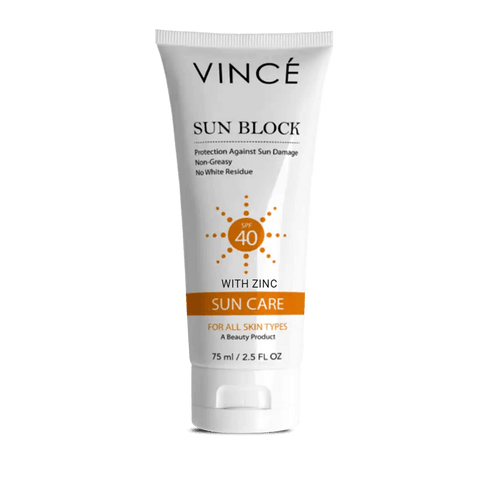
3. Additional Zinc Oxide Benefits
Exploring the question 'Is Zinc Oxide good for your skin?' reveals its effectiveness in sun protection and skincare. But there are additional Zinc Oxide benefits worth noting:
- Anti-inflammatory properties
Zinc Oxide sunscreen has Anti-inflammatory properties that soothe the skin and reduce puffiness and redness, further enhancing Zinc Oxide benefits for individuals with sensitive skin. So, it not only provides efficient relief but also promotes fast healing, improving overall skin health. This anti-inflammatory property of Zinc Oxide assists in treating several skin care concerns.
- Wound Healing:
It accelerates wound healing and prevents bacterial infections.
- Moisture Retention:
Zinc Oxide forms a barrier that helps keep moisture locked in the skin, keeping it hydrated.
- Collagen synthesis:
It plays a significant role in cell repair and collagen synthesis, acting as an anti-aging agent.
Zinc Oxide Side Effects
Zinc Oxide is rarely known to cause any side effects and is generally perceived as a well-tolerated mineral. However, immediately get medical assistance if the topical application of Zinc Oxide cream or sunscreen causes reactions like rashes, itching, redness or swelling.
Zinc Oxide is Good for Your Skin as long as you are not battling any skin condition or allergy to zinc oxide itself. In either case, consult a dermatologist before using a product with Zinc Oxide in its ingredient list.
Safe use of Zinc Oxide on skin
Here are a few tips to avoid any potential Zinc Oxide side effects:
- Avoid using Zinc Oxide on broken or blistered skin.
- Always perform a patch test on a smaller area before regularly using Zinc oxide-based products.
- Always follow the instructions on Zinc Oxide cream and sunscreens. Be mindful of any Cream and Sunscreen ingredients you are allergic to.
- Be extra cautious with Zinc Oxide sprays or powder products to avoid inhalation. Preferably opt for Zinc Oxide Creams and Lotions for a safer experience.
Important Link: Best Sunblock in Pakistan For Summer
Conclusion
Zinc Oxide is a multipurpose mineral lately found in various skincare products, including sunscreen and creams. As a gentle alternative to chemical sunscreen, Zinc Oxide sunscreen provides sun protection against UVA and UVB radiations.
The simple answer to “Is Zinc Oxide Good for Your Skin?” is yes. Zinc Oxide Creams are highly recommended for all skin types as their effectiveness is not restricted to a particular skin type. For acne-prone skin, it prevents pore clogging and manages oil production. On the other hand, its gentle formulation and anti-inflammatory properties make it equally effective for sensitive skin.
Although it seldom leaves any adverse effects, if you experience any symptoms on its application, seek medical help promptly. Always prefer a patch test before incorporating Zinc Oxide into your skincare routine.
Frequently Asked Questions (FAQs)
Q.1. What are the main benefits of using zinc oxide on the skin?
Zinc Oxide is a gentle mineral that is well-tolerated for all skin types. Zinc oxide sunscreens offer broad-spectrum protection, blocking UVA and UVB rays to prevent premature aging and the risk of skin cancer. It has anti-inflammatory properties to comfort irritated and puffy skin, making it a perfect choice for sensitive skin. Zinc Oxide provides acne treatment by preventing pore clogging, managing oil production and handling acne-causing bacteria.
Q.2. How should zinc oxide be used in a skincare routine?
Zinc Oxide is Good for Your Skin, making it a valued ingredient in various skincare products, including sunscreen and creams. In a skincare routine, Zinc Oxide usage depends on the product and its intended purpose in your skincare regimen.
For Zinc Oxide sunscreen, apply it 15-30 minutes before moving out in the sun and reapply it every 2 hours for optimal results.
Always use Zinc Oxide cream after proper cleansing and drying of the skin. And repeat its application based on your skin’s requirements.
Q.3. Are there any side effects of using zinc oxide on the skin?
Zinc Oxide is a well tolerated and safe for all skin types. However, immediately seek medical assistance if you experience symptoms like rashes, itching, redness or swelling. Review the ingredients list carefully to spot any allergen in Zinc Oxide creams and other products. To ensure safety, always perform patch tests on smaller regions before regular incorporation of a product in your skincare routine.
Q.4. Is zinc oxide suitable for all skin types?
Zinc Oxide is Good for Your Skin, independent of your skin type. Zinc Oxide for acne-prone skin works well due to its non-comedogenic nature. Various Zinc Oxide creams are a part of daily skincare routines for acne treatment.
Its anti-inflammatory properties make it perfect for all skin types, including sensitive skin, as it comforts the skin by reducing irritation and redness. However, a better practice is to perform a patch test before using a new product.
Q.5. Can zinc oxide help with acne treatment?
Zinc Oxide for acne-prone skin is beneficial due to its non-comedogenic nature. As it won’t clog the pores, ultimately reducing the acne breakouts. Its anti-inflammatory properties help soothe the skin by reducing swelling, redness, and irritation. By promoting rapid healing and managing excess oil, Zinc Oxide becomes a valuable addition to an acne treatment skincare routine. Additionally, its antimicrobial properties combat acne-causing bacteria, supporting clearer and healthier skin.
